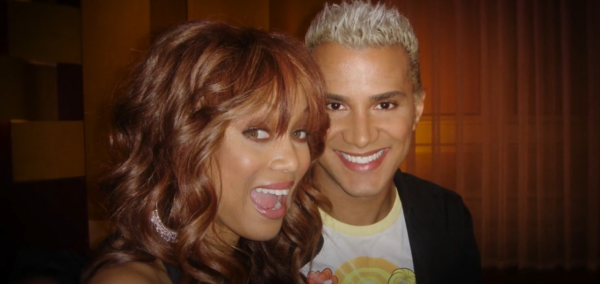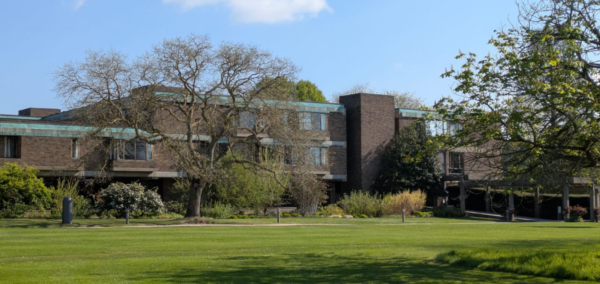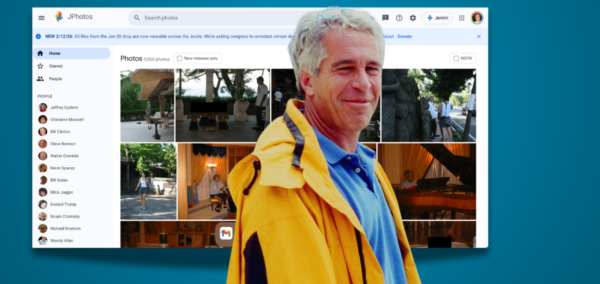
King’s College London study finds one third of people believe asexuality can be cured
The study investigates the misconceptions surrounding asexuality in the UK
A recent study conducted at King’s College London has found that one third of people believe asexuality can be cured.
The research at King’s suggests that people who identify as asexual face “considerable ignorance and potentially intolerance.”
Asexuality or being asexual has been described by NHS England as a “lack of some or all forms of attraction.”
For the study, the Policy Institute at King’s College London worked in collaboration with aromantic-asexual activist and model, Yasmin Benoit.
The “ignorance and intolerance” of asexuality in the UK is grounded in the finding that 23 per cent of the study’s participants believe that asexuality is a mental health problem, not a sexual identity.
The study overall was based on conclusions made after interviewing four hundred people in England and is clear of misconceptions surrounding asexuality in the country.
The study found that:
- Two in five respondents believe people cannot be asexual if they have sex. The authors emphasise that in reality asexuality refers to how someone feels about sex, and whether they experience sexual attraction – not their behaviour.
- A quarter believe asexual people just haven’t met the right person yet.
- One in nine say they don’t believe asexual people exist.
However, the study is not representative of the views of the UK overall. The respondents of the study came from an online platform named Prolific, used for behavioural scientific research.
Compared to the UK population as a whole, respondents were slightly younger, more likely to identify as LGBTQIA+, and more likely to have a higher education qualification.
Researchers argue the findings likely overstate the public’s understanding of asexual people and underestimate the intolerance they face because of these factors.
The rest of the study concludes that seven in ten people say asexual people should be protected by legislation, while 73 per cent say they’d be comfortable if their child was asexual.
Moreover, the study is also the first to make use of a “double-list experiment” methodology, designed to detect whether the answers that study participants give are motivated by “social desirability bias.”
This means that the respondent’s answers could be dictated by if their negative views are unspoken, in fear of disapproval from others.
However, the study’s findings entirely lacked social desirability bias when it came to attitudes towards asexuality.
Researchers conclude that this means people do not view anti-asexual beliefs as socially unacceptable. Instead, they are likely to express a view if they hold it, suggesting asexual people may experience hostility with greater frequency than other groups in society.
Yasmin Benoit, aromantic-asexual activist and Visiting Research Fellow at King’s College London’s Policy Institute, said: “Acephobia – that is, discrimination, prejudice and negative attitudes towards those who identify as asexual – is not something that most people recognise or take seriously. It’s something the asexual community are not protected from.
“My experiences with this kind of intolerance are well-documented, but there’s a huge lack of research into the phenomenon. It’s essential to raise awareness and collect data to create the change the asexual community needs.
“It’s an honour to be able to work with King’s College London on this research as a Visiting Fellow and be part of that progress.”
Meanwhile, Michael Sanders, professor of public policy at the Policy Institute, said: “Our previous work on the wellbeing of university students revealed those who identify as asexual have the worst wellbeing of any group in the LGBQIA grouping, yet there is little quantitative data relating to their experiences or to wider public perceptions of asexual people.
“We wanted to address this gap, and our study is the first that we’re aware of that makes use of these methods to assess people’s attitudes towards asexuality. The findings are troubling, both in that many people hold misconceptions about asexuality, and that they are happy voicing discriminatory views – at a greater rate than for other groups.”





















